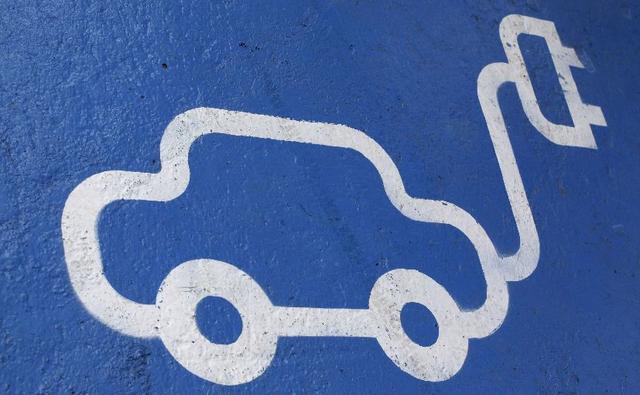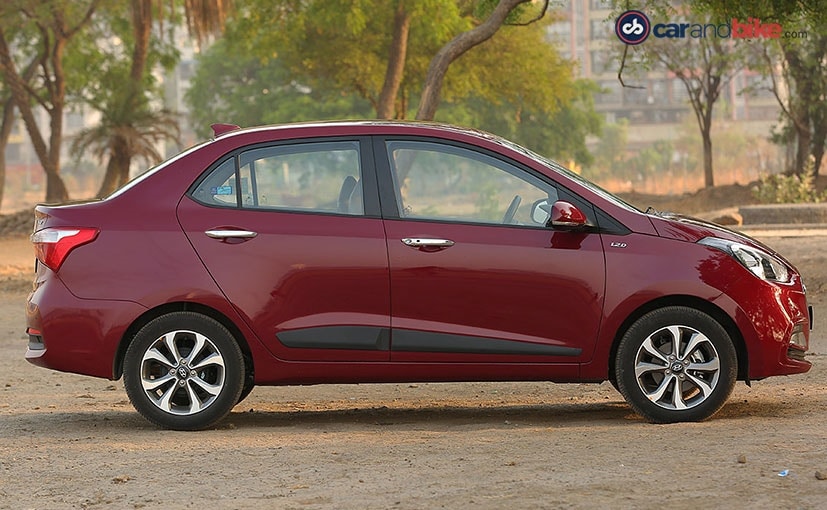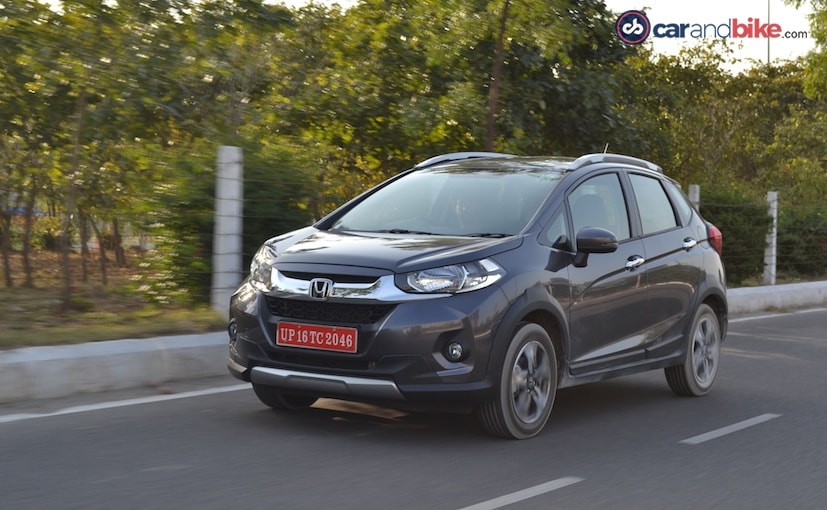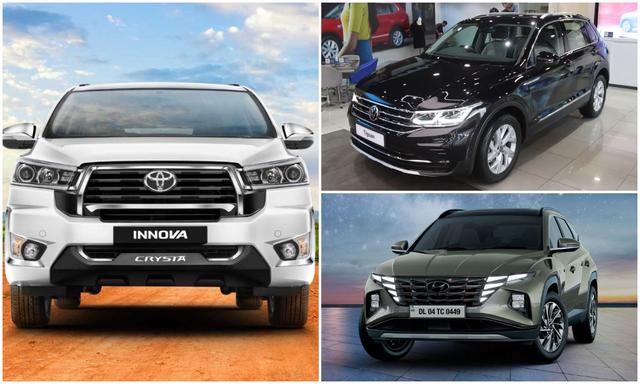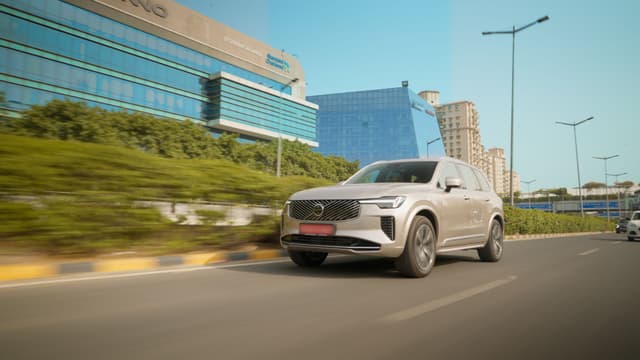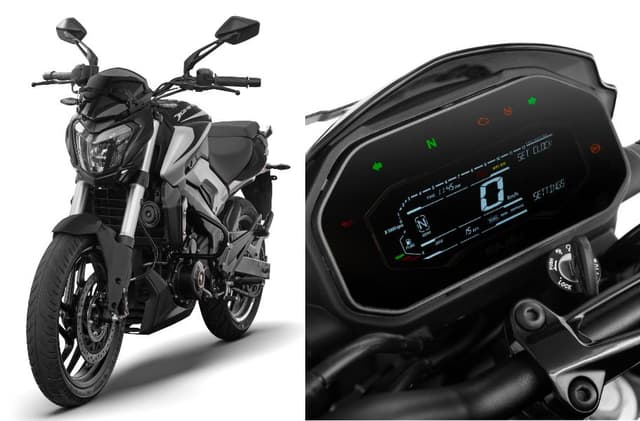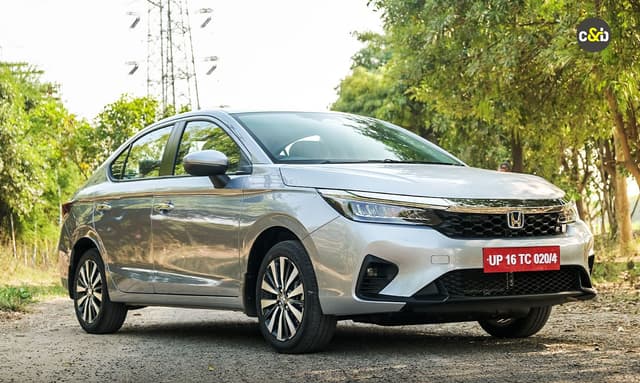Strict GST Policies Hurting Automotive Dealers In India; FADA

Highlights
- Indian auto industry is going through a tough time
- Strict GST laws are hurting the Indian automotive dealerships
- FADA has approached the GST Council with a request to modify policies
The Indian automobile industry is not exactly going through a purple patch. Sales figures have been dwindling to an extent that major companies such Maruti Suzuki, Mahindra and others had stopped production at their manufacturing plants. Now, the Federation of Automobile Dealers Association (FADA) has said that while making their monthly GST payments, the interest charged is on the gross value rather than the net of the input tax credit value. To make it easier to understand, what this means is that the government charges GST on the goods after they have been shipped from the manufacturer to the dealer and again when the dealer goes on to sell them to the customer. The IGST (Integrated Goods Services Tax) credit law, which came into effect from February 1, 2019 states that once the IGST credit has been utilised, only then the credit of the Central GST and State GST could be utilised against input tax liability.

(Automotive dealerships are facing a tough time. Dwindling sales along with strict GST policies is hurting the cash flow at 15,000 odd car and two-wheeler dealerships.)
Whenever goods or services are given to a taxable person, the GST that is charged on those goods is the input tax and input tax credit means to reduce the taxes paid on input by adjusting it with the taxes paid on the output. A large chunk of automotive dealers get the vehicles from manufacturers on Integrated GST and then sell it to the customers on State GST. This results in an additional requirement of cash flow and working capital. FADA estimates that charging interest on Gross Value instead of Input Tax Credit (ITC) will force four-wheeler dealerships to have an additional working capital of about Rs. 1 crore and about Rs. 50 lakh for two-wheeler dealerships across 25,000 automotive dealerships in India. This means that the ITC will be blocked in the books of accounts and the extra cash flow will be needed to negate the blocked ITC funds. The other bane of charging interest on ITC against gross value will also lead to reduced profitability.
Commenting on the issue, FADA President, Ashish Kale said, "Many of our members are small family run businesses located in Tier 2 & 3 towns and face difficulties in GST compliances or returns, many a times due to system mismatches not in their Control. However, because of the nature of the auto retail trade, the business turnover and input tax credit available is quite high."
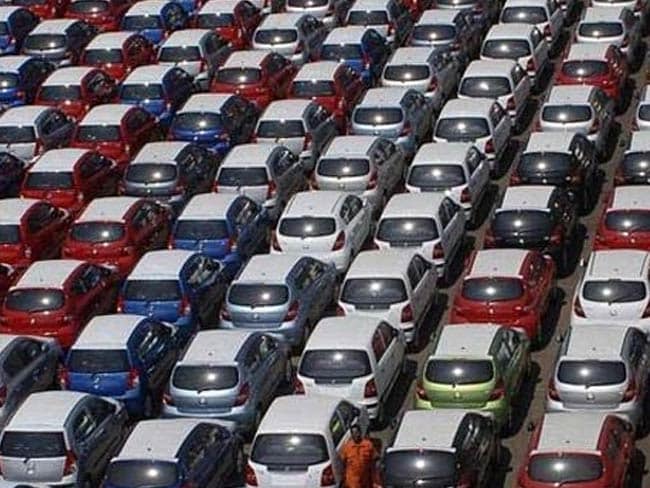
(The Indian auto industry is going through a tough time and it needs a shot in the arm to revive sales and customer sentiments)
Nikunj Sanghi, Director - International Affairs, FADA and Chairman, Automotive Skills Development Council, explains the situation lucidly, saying, "I think that the law provides that if there is a delay in the filing of returns, the government can demand the interest on gross liability and not the net liability. So hypothetically, suppose my input is more than the output, which means there is no tax due against me, which means that the government can still charge the interest on the gross liability without giving me the benefit of the input credit. This is a very harsh provision and interest can be charged but should be charged on the net amount. This means if my input is less than my output, then on the net amount which is payable to the government, on which interest should be levied. So, this is what FADA has represented to the GST Council."
The surprising part is the fact that the GST Council of India has already recommended that interest should be charged on the net of ITC value instead of the gross value in its 31st meeting which was held on 22nd December, 2018 but the same hasn't been implemented so far and is affecting the business of automotive dealers across India.
Last Updated on June 21, 2019
Related Articles
Latest News
- Home
- News
- Auto Industry
- Strict GST Policies Hurting Automotive Dealers In India; FADA
